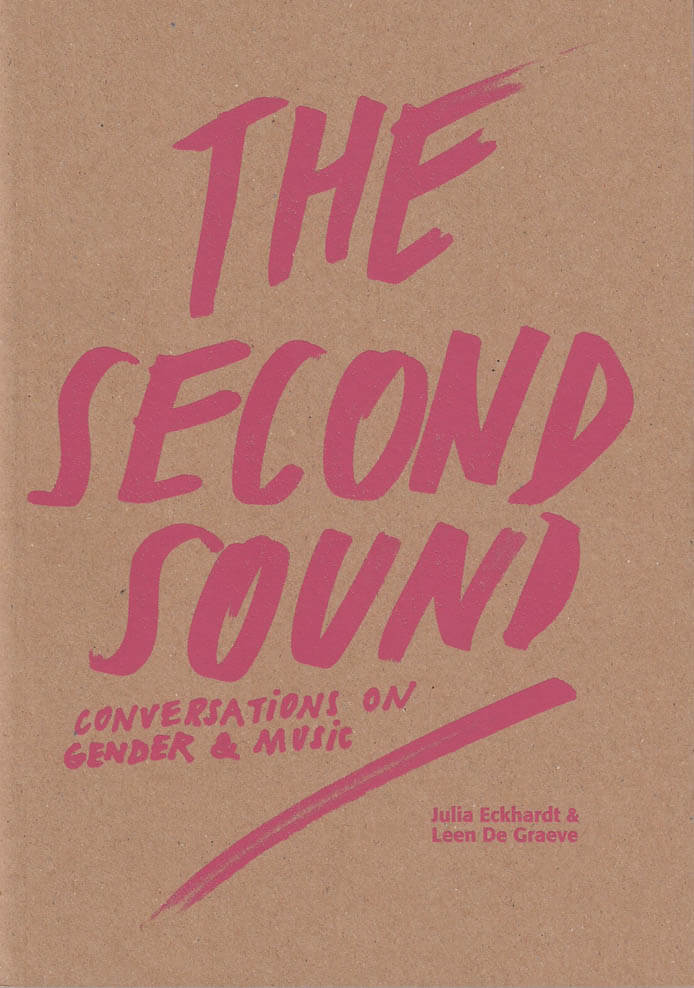
Girls Like Us #9 - Dance and dancing
Marnie Slater ed., Katja Mater ed., Sara Kaaman ed., Jessica Geysel ed.
DANCE AND DANCING explores the New York dance scene – past, present and future. It’s our first ever guest-edited issue compiled by New York based writer and artist Emma Hedditch.
Featuring: Mariana Valencia, Cynthia Oliver, Marlies Yearby, Laurie Carlos, Chrysa Parkinson, devynn emory, the skeleton architecture, Discwoman, Svetlana Kitto, Jonah Groeneboer, Dona Ann McAdams, Lydia Okrent, Kim Brandt, kara lynch, Effie Bowen, Mary Manning, Res, Leah Gilliam, Amelia Bande, Luciana Achugar, Emily Wexler, Ayo Janeen Jackson, Suzan D. Polat, Mina Nishimura, Ursula Eagly, Emmakate Geisdorf, Angie Pittman, Lerato Khathi, Yvonne Meier and Aunts.
Language: English







